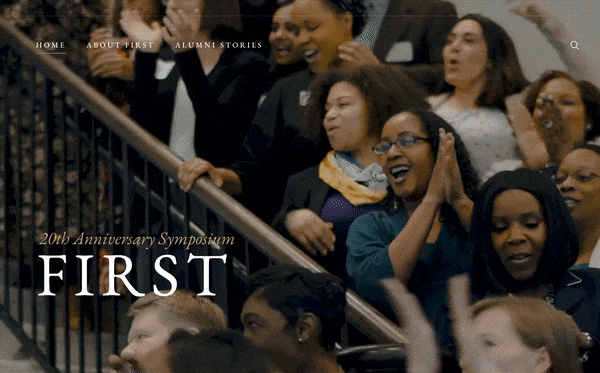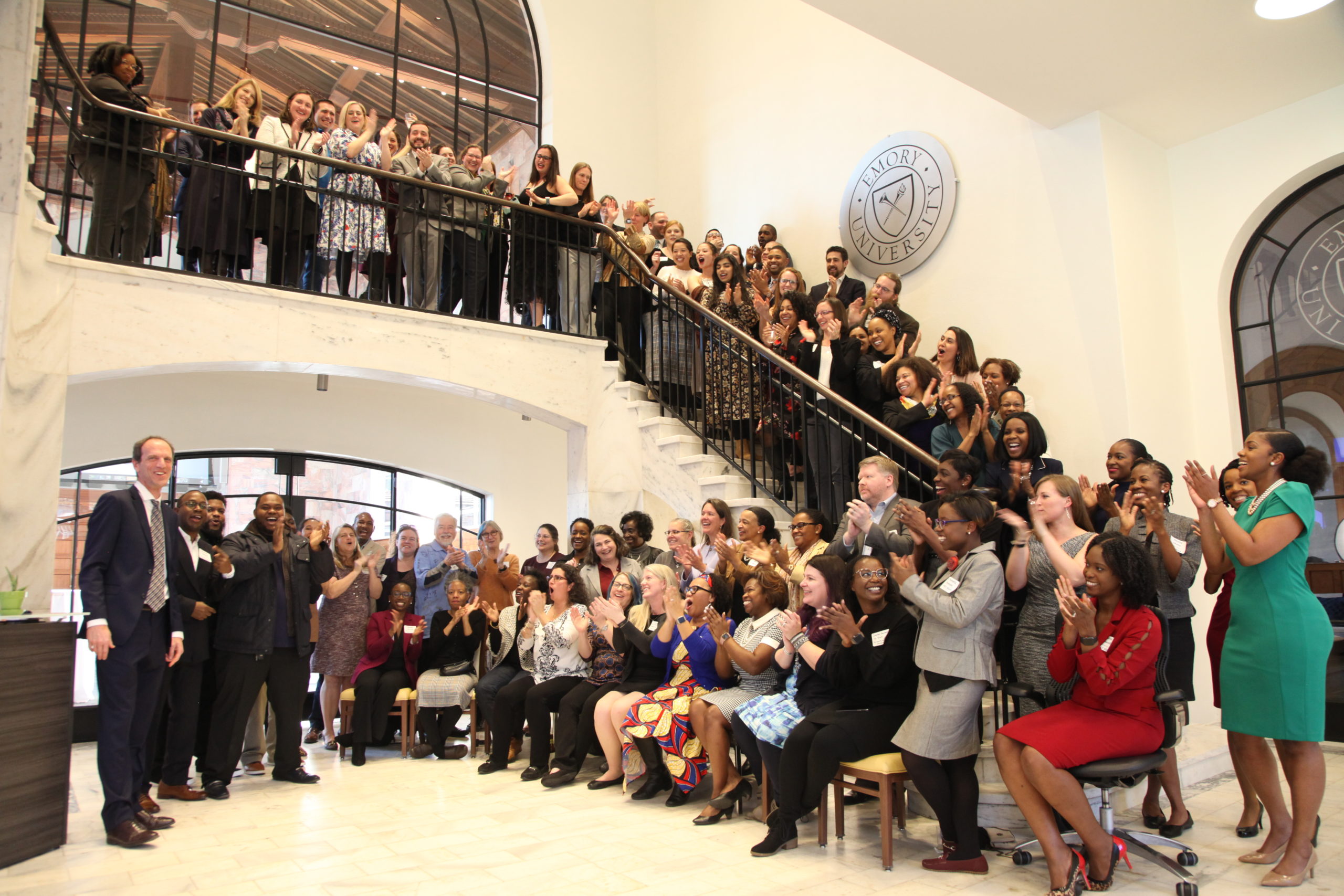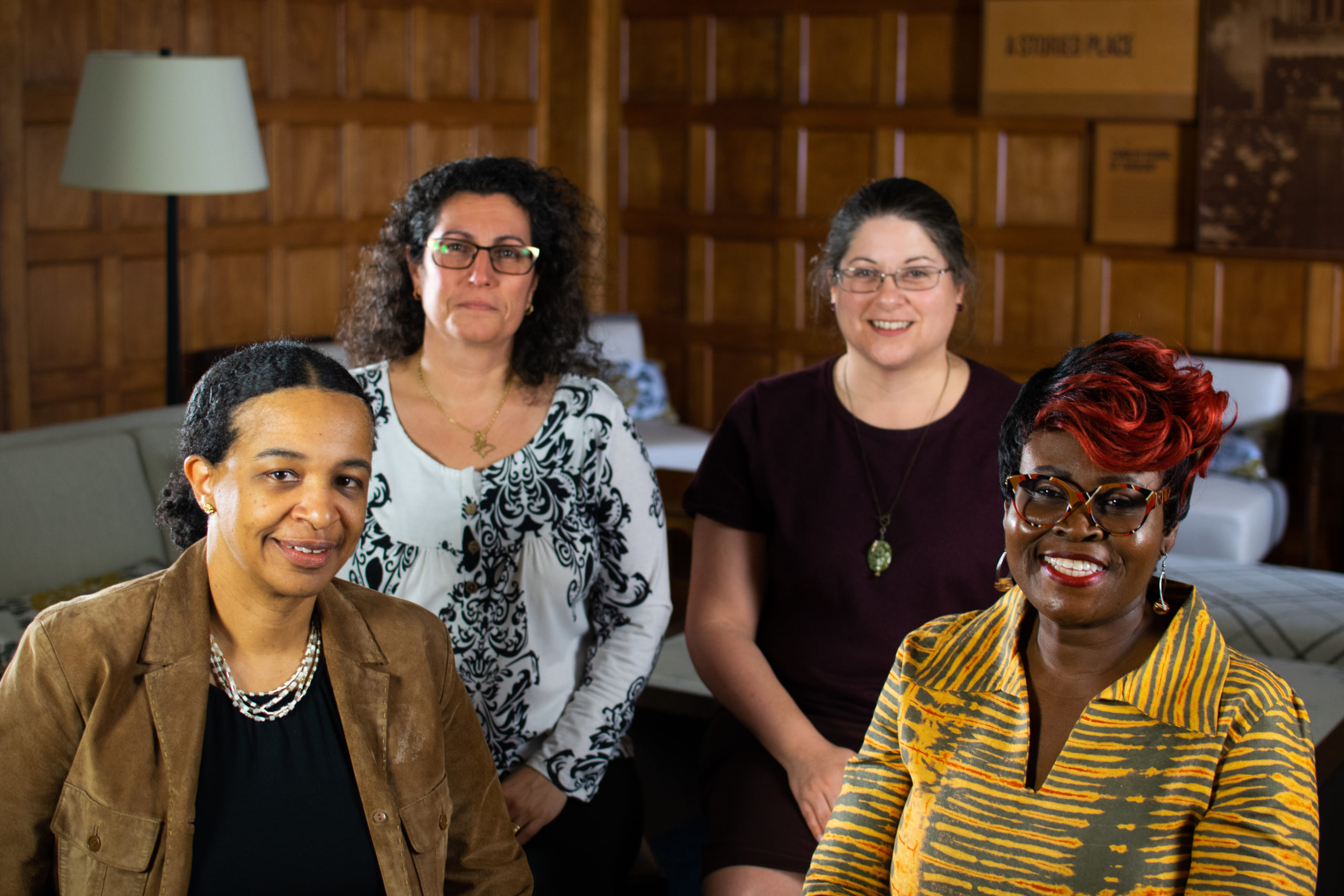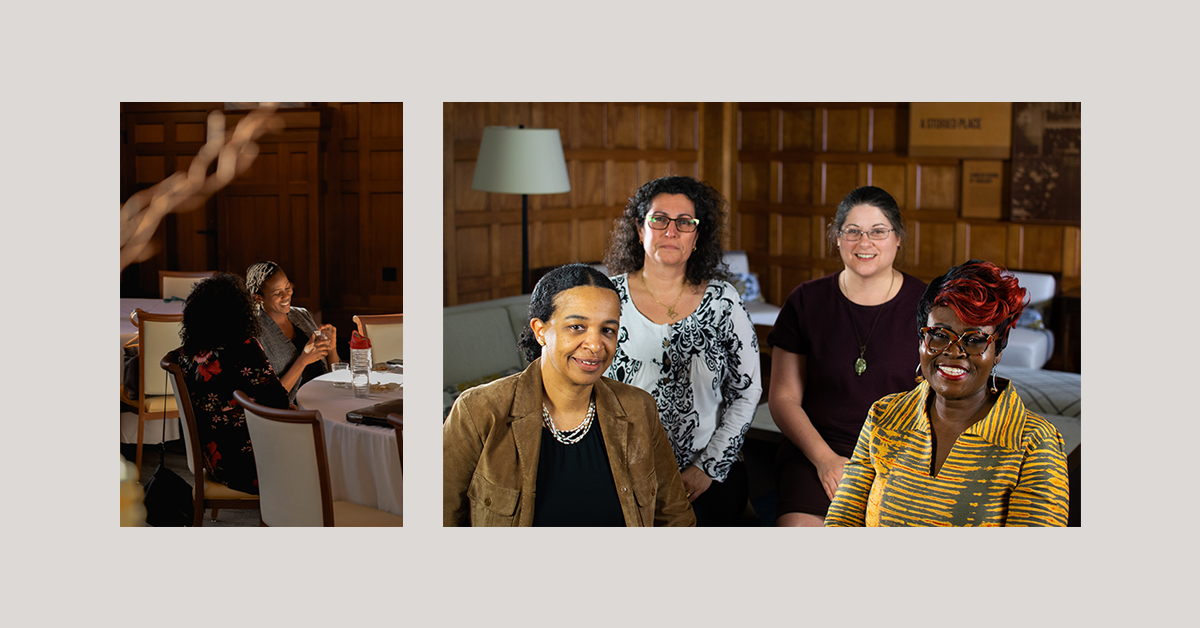The Emory Center for Digital Scholarship (ECDS) recently helped launch a new website for the Fellowships in Research and Science Teaching (FIRST) Program in celebration of their 20th anniversary. Funded by the IRACDA program at NIH, the FIRST program at Emory University is the largest and longest continuously running biomedical postdoctoral training program in the country. Dr. Kayla Shipp (Digital Scholarship Specialist at ECDS) designed the site, working with Emory University’s Arri Eisen (Professor of Pedagogy in Biology and in the Institute for Liberal Arts and Teaching Coordinator for FIRST) and Carlton Mackey (Director of the Ethics & the Arts program at the Emory University Center for Ethics). The new website includes information about the postdoctoral fellowship program and features video interviews with alumni.
- Visit the website: https://first2020.org/

FIRST is a National Institutes of Health (NIH)-supported postdoctoral fellowship program in research and teaching,

The website explains that while FIRST is open to anyone, “nearly half of the ~200 FIRST alumni are African-American and three-quarters are women. They teach and do science in over 100 colleges and universities, in pharmaceutical companies, federal research programs, and disease foundations in 20 different states and the UK. FIRST fellows are making a difference.” In the Spring 2020 volume of Issues in Science and Technology (vol. XXXVI, no. 3), Arri Eisen writes:
“FIRST works. Compared with a control group of traditional ‘research-only’ postdocs at the National Institutes of Health, FIRST fellows publish in the peer-reviewed literature at similar rates and with similar quality and impact. […] Virtually all our alumni are still in science, representing a retention rate 25 times the national average for blacks and twice that for women.”
[…] “The next step is a critical mass of underrepresented faculty at schools and departments across the country and of underrepresented students who see themselves in STEM careers.”

In February 2020, “alumni gathered to celebrate FIRST and host a symposium on becoming a scientist in the 21st century that explored the progress that has been made and what still needs to change in strengthening and diversifying science research and education in America.” At the public symposium, “Becoming a Scientist in the 21st Century: 20 years of FIRST as a Model for Success,” FIRST fellows shared their alumni stories, detailing their journeys and spreading their wisdom.
You can now read their words and watch their video interviews on the newly-launched website: https://first2020.org/
